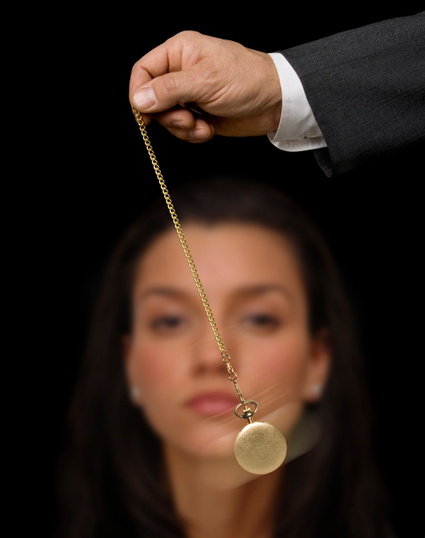by Ken Lopez
Founder & CEO
A2L Consulting
Long the subject of lore and myth, the art of persuasion is rapidly becoming a science-based discipline. Using the insights of psychologists, neuroscientists, linguists, jury consultants, and other specialists, we are beginning to understand how persuasion works. This article provides an overview of articles and videos related to the science of persuasion for litigators and litigation support professionals.
Google Scholar lists hundreds of thousands of studies and articles related to persuasion. More than 40,000 of these are related to juries and the courtroom.
One of these articles defines persuasion as “an act of influencing the minds of others by arguments or reasons, by appeals to both feeling and intellect; it is the art of leading another man's will to a particular choice, or course of conduct.” Another good definition is “the act of influencing the mind by arguments or reasons offered, or by anything that moves the mind or passions, or inclines the will to a determination.”
I would say simply that persuasion is the act of encouraging a decision.
Below are eight videos and seven articles that I find especially helpful for those who spend time in and around courtrooms:
1) Use persuasive language intentionally:
2. Here are a few great articles from the Persuasive Litigator blog. If you like our blog, I encourage you to subscribe to it and to the helpful Persuasive Litigator blog.
- Persuade using both Alpha and Omega strategies
- Persuade using visual tools and the immersive method
- Give jurors the tools they need to persuade one another when evaluating scientific testimony
4. Use the Learn, Retain, Transfer method. Offered by other industry jury consultants, this video offers a good overview of this technique.
5. How to use a “hook” to win over a jury. An authority on jury persuasion says the first three or four sentences, the first 30 seconds, are what will “hook” the jury and grab its attention. You need to press your theme, your theory of the case, and your most important facts. That’s what belongs in the hook and is critical to persuasion.
6. An author of a book about science and persuasion shares about consensus and social proofing. The lessons shared here work better for a bench trial than a jury trial, but there is applicability.
8. Harvard's Gary Orren shares about persuasion science.
9. Here are 3 additional articles that cover the topic of persuasion science on A2L Consulting's site:






Leave a Comment